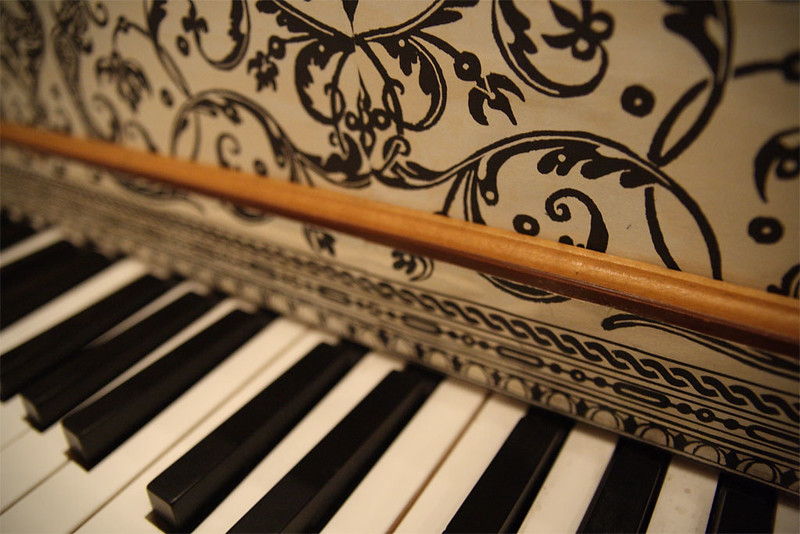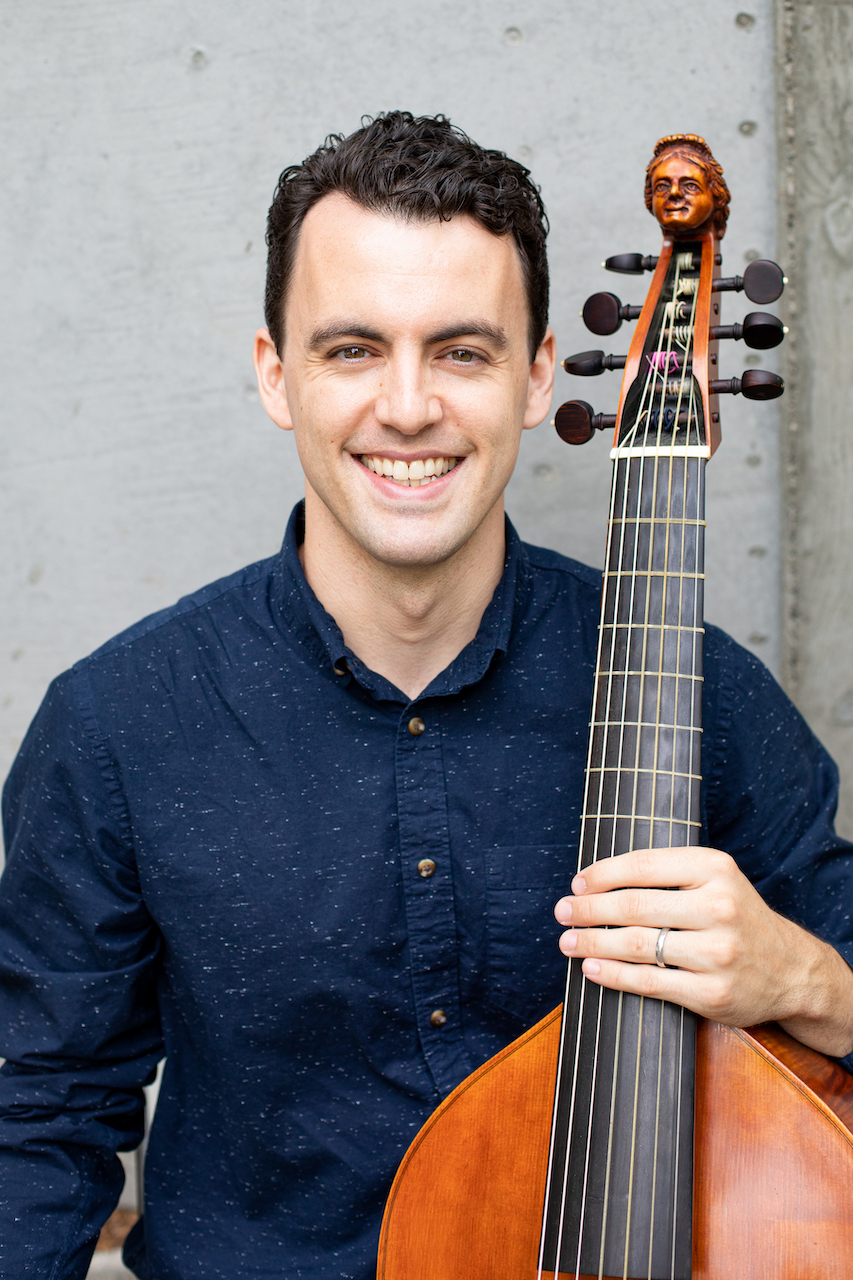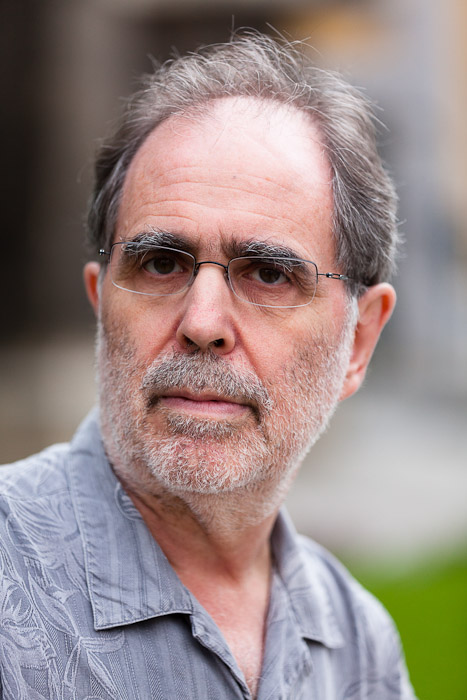On Conducting, Collaboration, and Curiosity in Early Music: Joshua Rifkin in Interview
In this conversation, the first of a multi-part interview series with performers, scholars, and pedagogues of early music, historically informed performance, and related topics, David Miller spoke with conductor, instrumentalist, and musicologist Joshua Rifkin.
A transcript is provided for increased accessibility.
As a conductor and performer on various keyboard instruments, Rifkin has recorded the music of Johann Sebastian Bach, The Beatles, Antoine Busnois, Scott Joplin, Silvestre Revueltas, and many others. He is renowned for his leadership of groundbreaking one-on-a-part performances of Bach’s music, both as the founding director of The Bach Ensemble and with other ensembles throughout North America and Europe. You can find a sampling of his performances on this YouTube playlist, curated for this Musicology Now contribution. Rifkin is also an accomplished musicologist, having published studies on J. S. Bach, Josquin des Prez, Heinrich Schütz, Anton Webern, and others.
Highlights from our conversation include:
- On the instinctual and intellectual aspects of making music: “Musicians really work on instinct. It’s a question of just how much we question and challenge our instincts, how much we seek to develop them and refine them. But deep down inside, at the bottom, it’s an instinctual game. And in that way we’re all the same, I think.” (5:56)
- On the value of a conductor: “There are certain things that a conducted performance can have that even, usually, the best [unconducted] ensemble performance might not, and particularly the sense of larger-scale shaping, and also refined shaping of balances, things like that.” (11:03)
- On collaboration between performers and conductors: “I think the old notion of the conductor really dictating everything has outlived its usefulness; it has in modern orchestral practice. I sometimes think if [Arturo] Toscanini or George Szell came back today, no orchestra would play for them, they’d just shut up…nobody can make music that way anymore.” (18:55)
- On being surprised by one’s collaborators: “I often think that when I am conducting, obviously I hope to hear what I’d hoped to hear, but if I’m really lucky I’ll hear something better.” (21:10)
- On passing on a spirit of curiosity and inquisitiveness to the next generation of scholars and performers: “I just hope that when I’m talking with emerging musicians or scholars or whatever, that I’ll retain that spirit—if I don’t I really should pack it in—and that some of it may communicate or that we may share some of it, and learn in the process.” (26:09)
Musical examples excerpted in the interview: from J.S. Bach, Tönet, ihr Pauken! Erschallet, Trompeten! BWV 214, Bloomington Bach Cantata Project, Daniel Melamed, music director; from J.S. Bach, Herr, deine Augen sehen nach dem Glauben, BWV 102, Bloomington Bach Cantata Project, Benjamin Bird, tenor, Leighann Daihl Ragusa, traverso, and Stanley Ritchie, music director; from J.S. Bach, Herr, deine Augen sehen nach dem Glauben, BWV 102, Bloomington Bach Cantata Project, Stanley Ritchie, music director. All are used with permission, and with special thanks to Daniel Melamed.
About the Roundtable, “Early Music Performance and Pedagogy”
This interview is the first in a series of conversations on early music performance, pedagogy, and research, hosted and curated by David Miller. “Early music” will be defined broadly throughout this series. Future installments will feature scholars, performers, scholar-performers, and everyone? in between. Particular areas of focus will include innovative approaches to early music in the twenty-first century, realities and challenges of performance as they exist “on the ground,” overlap (or lack thereof) between scholarship and performance, and pedagogical priorities for modern students. Check back at Musicology Now soon for more!




